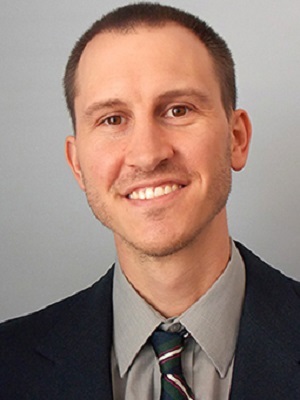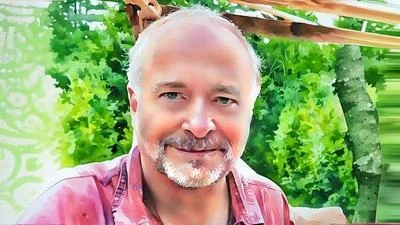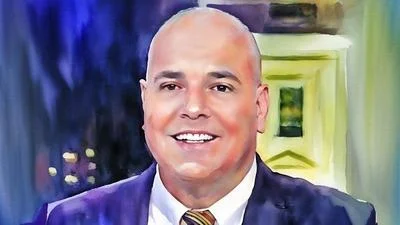A U.S. Department of Agriculture scientist has been named a finalist for a Samuel J. Heyman Service to America Medal for his research to protect water quality and aquatic life from pollutants in agricultural runoff.
Mark Williams, an agricultural engineer USDA's Agricultural Research Service's National Soil Erosion Research Laboratory in West Lafayette, Ind., has created "a more accurate" understanding how how nitrogen and phosphorus moves in field drainage systems. That understanding informs conservation practices to prevent too much of those nutrients from entering runoffs and then into the nation's waterways, according to a May 2 USDA news release.
"Dr. Williams' research exemplifies the ARS mission to deliver scientific solutions to agricultural challenges across this nation," said Chavonda Jacobs-Young, administrator for USDA's Agricultural Research Service in the release. "He is dedicated to finding innovative ways to protect our nation's waterways, and this pioneering research has improved the way we grow food without negatively impacting our marine habitats."

USDA National Soil Erosion Research scientist Mark Williams is named a finalist for the Samuel J. Heyman Service to America Medal.
| ars.usda.gov
"The challenge is that we need to grow food, but in a way that doesn't cause problems downstream — it's more complicated than people think," Williams said in the news release.
The annual awards are given by the Partnership for Public Service to federal employees who distinguish themselves in efforts to make the nation stronger, safer and healthier stronger. According to the news release, the empirical results from Williams's work have been integrated into real life models used by scientists, farmers, federal agencies, etc. His research has improved our understanding of how agriculture contaminates the environment, so that data-driven planning can take place by all these users of the work.









